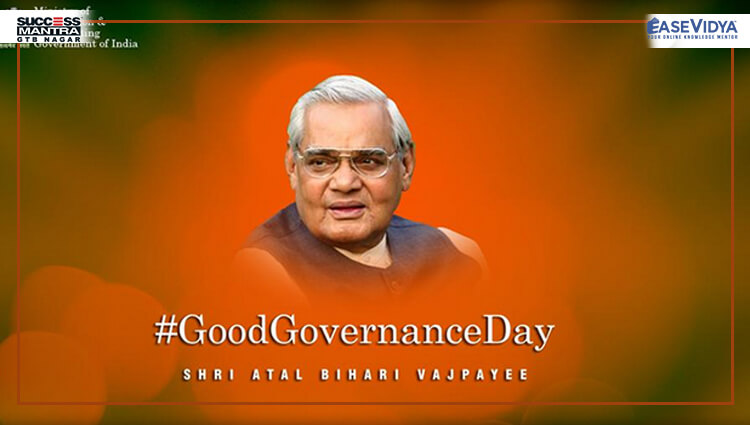
GOOD GOVERNANCE DAY ATAL BIHARI VAJPAYEE
GOOD GOVERNANCE DAY (ATAL BIHARI VAJPAYEE)
Good governance day is celebrated annually on 25th December to mark the birth anniversary of the former Prime Minister Atal Bihari Vajpayee. The aim is to create awareness of accountability in government among the citizens of India. It is the process of decision-making and the process by which decisions are implemented (or not implemented). Governance can be used in several contexts such as corporate governance, international governance, national governance and local governance.
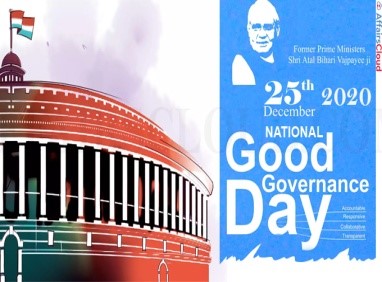
Current Affairs Notes By Success Mantra Coaching Institute GTB Nagar Delhi CLICK HERE
ABOUT THE FORMER PM ATAL BIHARI VAJPAYEE
Atal Bihari Vajpayee was born on 25th December, 1924 in the erstwhile princely state of Gwalior (now a part of Madhya Pradesh). He entered in national politics during the Quit India Movement of 1942 which hastened the end of British colonial rule. In 1947, Vajpayee started working as a journalist for newspapers of Deendayal Upadhyaya — Rashtradharma (a Hindi monthly), Panchjanya (a Hindi weekly) and the dailies Swadesh and Veer Arjun. Later, influenced by Syama Prasad Mookerjee, Vajpayee joined the Bharatiya Jana Sangh in 1951. He was the former Prime Minister of India and was elected to the position twice in 1996 and 1999. He was conferred with the country's highest civilian honour, the Bharat Ratna in 2015 and second-highest civilian honour, the Padma Vibhushan in 1994.
CHARACTERISTICS OF GOOD GOVERNANCE DEFINED BY UN
- Participation: People should have a voice in decision-making, either directly or through legitimate intermediate institutions that represent their interests.
- Rule of law: Legal frameworks should be fair and enforced impartially, particularly the laws on human rights.
- Transparency: Transparency is built on the free flow of information. Processes, institutions and information are directly accessible to those concerned with them, and enough information is provided to understand and monitor them.
- Responsiveness: Institutions and processes try to serve all stakeholders within a reasonable timeframe.
- Consensus orientation: Good governance requires mediation of the different interests in society to reach a broad consensus in society on what is in the best interest of the whole community and how this can be achieved.
- Equity: All groups, particularly the most vulnerable, have opportunities to improve or maintain their well being.
- Effectiveness and efficiency: Processes and institutions produce results that meet needs while making the best use of resources.
- Accountability: Decision-makers in government, the private sector and civil society organisations are accountable to the public, as well as to institutional stakeholders.
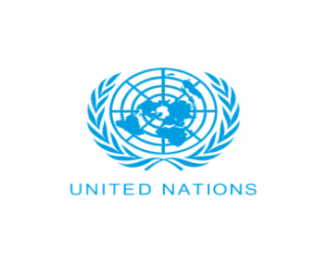
CHALLENGES TO GOOD GOVERNANCE
- Women Empowerment: Women are not adequately represented in government institutions, and other allied sectors.
- Corruption: The high level of corruption in India has been widely perceived as a major obstacle in improving the quality of governance.
- Delay in Justice: A citizen has the right to avail timely justice, but there are several factors, because of which a common man doesn’t get timely justice. One such factor is lack of personnel and logistics under disposal of court.
- Centralisation of Administrative System: Governments at lower levels can only function efficiently if they are empowered to do so. This is particularly relevant for the Panchayati Raj Institutions (PRIs), which currently suffer from inadequate devolution of funds as well as functionaries to carry out the functions constitutionally assigned to them.
- Criminalisation of Politics: The criminalisation of the political process and the unholy nexus between politicians, civil servants, and business houses are having a baneful influence on public policy formulation and governance. Environmental security, sustainable development. Challenges of globalization, liberalisation and market economy.
INITIATIVES TAKEN BY GOVT. FOR GOOD GOVERNANCE
- Good Governance Index: GGI has been launched by the Ministry of Personnel, Public Grievances & Pensions to determine the status of governance in the country. It assesses the impact of various interventions taken up by the State Government and UTs.
- National e-Governance Plan: It has the vision to “make all government services accessible to the common man in his locality, through common service delivery outlets and ensure efficiency, transparency & reliability of such services at affordable costs to realize the basic needs of the common man.”
- Right to Information Act, 2005: Right to Information (RTI) is an act of the Parliament of India which sets out the rules and procedures regarding citizens' right to information. It replaced the former Freedom of Information Act, 2002. Under the provisions of RTI Act, any citizen of India may request information from a "public authority" (a body of Government or "instrumentality of State") which is required to reply expeditiously or within thirty days. In case of matter involving a petitioner's life and liberty, the information has to be provided within 48 hours. The Act also requires every public authority to computerize their records for wide dissemination and to proactively publish certain categories of information so that the citizens need minimum recourse to request for information formally.
- Setting up of NITI Aayog: The NITI Aayog (National Institution for Transforming India) is a policy think tank of the Government of India, established with the aim to achieve sustainable development goals with cooperative federalism by fostering the involvement of State Governments of India in the economic policy-making process using a bottom-up approach. Its initiatives include "15-year road map", "7-year vision, strategy, and action plan", AMRUT, Digital India, Atal Innovation Mission, Medical Education Reform, agriculture reforms (Model Land Leasing Law, Reforms of the Agricultural Produce Marketing Committee Act, Agricultural Marketing and Farmer Friendly Reforms Index for ranking states), Indices Measuring States’ Performance in Health, Education and Water Management, Sub-Group of Chief Ministers on Rationalization of Centrally Sponsored Schemes, Sub-Group of Chief Ministers on Swachh Bharat Abhiyan, Sub-Group of Chief Ministers on Skill Development, Task Forces on Agriculture and up of Poverty, and Transforming India Lecture Series. Other programme for good governance includes Make in India programme, Lokpal,
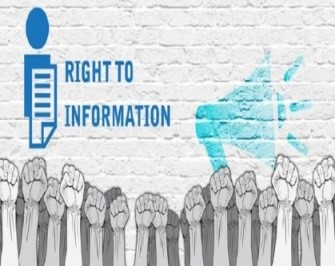
LAUNCH OF E-SAMPADA WEB PORTAL
The Ministry of Housing and Urban Affairs on December 25, 2020, launched a new web portal and mobile app, e-Sampada to boost transparency and accountability while ensuring ease of living for the citizens of India. E-Sampada aims to provide ‘One Nation, One System’, the four websites (eawas.nic.in, grpa.nic.in, holidayhomes.nic.in and states.gov.in) and the two mobile apps (m-Awas and m-Ashoka5) of the Directorate of Estates have been integrated into one paving the way for all the services on the same platform.
The new application will be providing a single window for all the services which includes office space allotment to government organizations in 45 office complexes in 28 cities, allotment for over one lakh government residential accommodations, booking of 5, Ashoka Road, and 1,176-holiday homes for the social functions, etc. The web portal and mobile app have been developed by NIC. E-Sampada mobile app will be available for Android as well as iOS platforms.
OBJECTIVES OF THE SCHEME
- E-Sampada has been developed by the government to simplify the process and for bringing uniformity in the systems across India.
- It will promote the ease of living for the Indian government’s officers/departments as all the services can be easily availed online on a single window with live tracking of applications.
- Through e-Sampada, the real-time information on the delivery of service and utilization of assets will facilitate the maximum utilization of resources. The automated processes under it will lead to greater transparency and will minimize human intervention.
GOOD GOVERNANCE WEEK OBSERVED
The Union Government is set to launch a nationwide 'Good Governance Week' from 20th December to 26th December, with the motto to redress and dispose of public grievances and improvise service delivery down to the village level. Various events will be convened during the week under the campaign titled “Prashasan Gaon Ki Aur” aimed to be citizen-focused. 25th December is celebrated as ‘Good Governance Day’ to mark the birth anniversary of former Prime Minister Atal Bihari Vajpayee.
It is observed to celebrate the strides made by India in promoting citizen-centric governance and improving service delivery in line with Azadi ka Amrut Mahotsav celebrations to commemorate 75 years of progressive Indi.The series of programmes planned during the week will aim to highlight various good governance initiatives taken by the Center..It will also include the inauguration of the Exhibition on Good Governance Practices.
Events include:
- Ease of Living and Next Phase of Reforms for Reducing Compliance Burden
- Experience Sharing Workshop by DARPG on Best Practices.
- Mission Karmayogi - The Path Ahead.
- Good Governance Week Portal will also be launched during the occasion and all district collectors of states and union territories will be given access to the online portal to upload and share the progress and achievements.
- Prashasan Gaon Ki Aur" campaign will be launched with an aim to take good governance to the rural areas.
About Governance: It is the process of decision-making and the process by which decisions are implemented (or not implemented). Governance can be used in several contexts such as corporate governance, international governance, national governance and local governance.
PRAVAHINI Current Affairs Notes By Success Mantra Coaching Institute GTB Nagar Delhi CLICK HERE
TEST YOURSELF
Q.1 Good governance day is celebrated annually on 25th December to mark the birth anniversary of which of the following personalities?
- Rajiv Gandhi
- APJ Abdul Kalam
- Lal Bahadur Shastri
- Atal Bihari Vajpayee: ANSWER
Q.2 Which of the following is not among the characteristics of Good Governance as defined by the United Nations?
- Transparency
- Accountability
- Trusteeship: ANSWER
- Equity
Q.3 Which of the following ministries is responsible for the launch of the Good Governance Index?
- Ministry of Housing & Urban Affairs
- Ministry of Personnel, Public Grievances & Pensions: ANSWER
- Minister of Social Justice and Empowerment
- None of the above
Q.4 RTI which sets out the rules and procedures regarding citizens' right to information replaces which of the following earlier Acts?
- Freedom of Information Act, 2002: ANSWER
- Right to Information Act, 1982
- Right to Information Act, 2003
- Freedom of Information Act, 2000
Q.5 E-SAMPADA which is a web portal and mobile app, to boost transparency and accountability for Good Governance, recently launched by which of the following Union Ministers?
- Ravi Shankar Prasad
- Thawar Chand Gehlot
- Hardeep Singh Puri: ANSWER
- Ramesh Pokhriyal










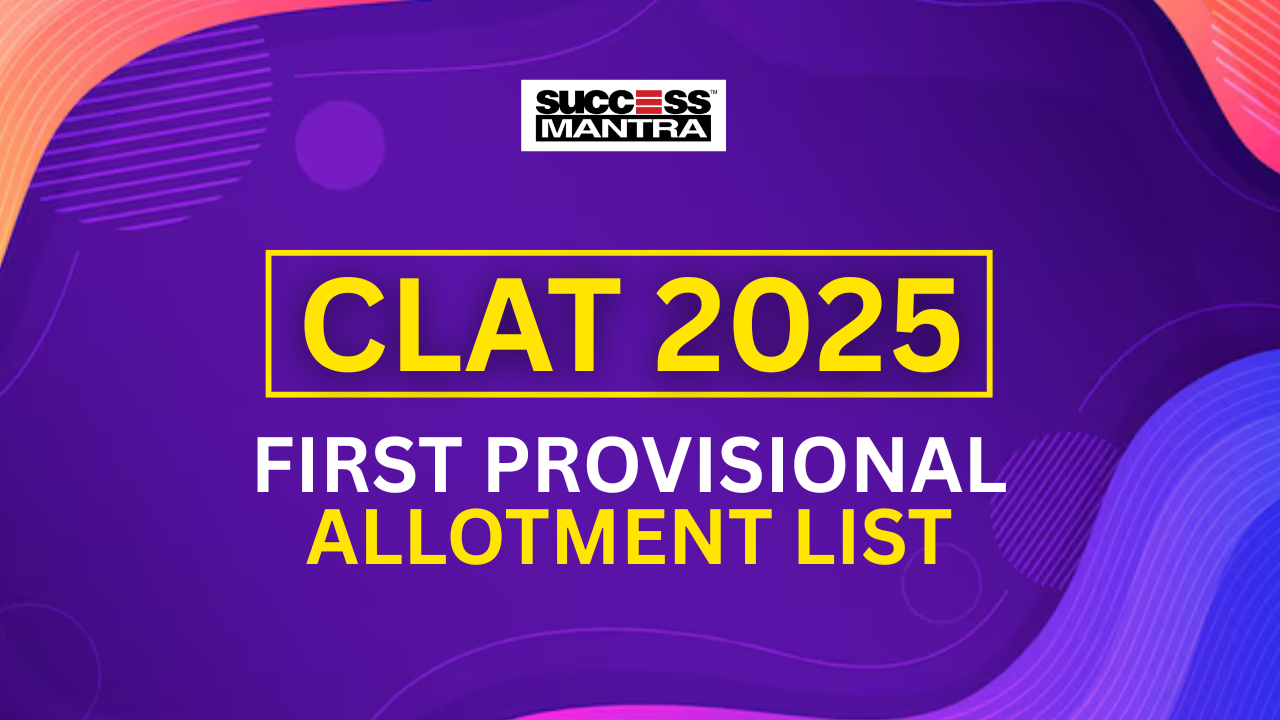


wppfsqyirx
GOOD GOVERNANCE DAY ATAL BIHARI VAJPAYEE | Read Daily Article Editorials Only On Success Mantra Blog | Daily Article | Monthly Article | Weekly Article | Yearly Article | Most Requesting Articles | Legal Awareness Articles | Current Affairs | Passage Based Current Affairs | One Linear Current Affairs | Current Affairs For CLAT | Current Affairs For AILET | Current Affairs For Slat | Legal Aptitude Current Affairs | Law Current Affairs | Current Event | Current Affairs Pdf | Current Affairs Pdf In English | Current Affairs Pdf Free Download | Current Affairs MCQ | Current Affairs MCQS | Current Affairs Work Sheet | Current Affairs UPSC | Current Affairs BBA | Current Affairs BCA | Current Affairs BJMC | Current Affairs NCHMJEE | Daily Editorial | Monthly Editorial | Weekly Editorial | Yearly Editorial | Most Asking Editorials | Legal Awareness Editorials | Current Editorial | Passage Based Current Editorial | One Linear Current Editorial | Current Editorial For CLAT | Current Editorial For AILET | Current Editorial For Slat | Legal Aptitude Current Editorial | Law Current Editorial | Current Event | Current Editorial Pdf | Current Editorial Pdf In ENGLISH | Current Editorial Pdf Free Download | Current Editorial MCQ | Current Editorial MCQS | Current Editorial Work Sheet | Current Editorial UPSC | Current Editorial BBA | Current Editorial BCA | Current Editorial BJMC | Current Editorial NCHMJEE | Latest News In India | Latest News In Hindi | Latest News Delhi | Latest News Today India | Latest News Live | 3 Latest News | Latest News Today Delhi | Latest News Aajtak | News Articles India | News Articles For Students | News Articles 2020 | News Articles In English | News Articles In Hindi | News Article Example | Short News Articles | News Article Meaning | Success Mantra Delhi | CLAT Coaching In Delhi | Best CLAT Du LLB Institute In Delhi | Read Daily Article Editorials Only On Success Mantra Blog [url=http://www.gk9s39qu8au2u00d8ieize2o94332k75s.org/]uwppfsqyirx[/url] <a href="http://www.gk9s39qu8au2u00d8ieize2o94332k75s.org/">awppfsqyirx</a> wppfsqyirx http://www.gk9s39qu8au2u00d8ieize2o94332k75s.org/
tnfyynprf
Latest News on Education & LAW Exams Blogs | Success Mantra [url=http://www.gebsucq46h86570m2h61a6a5y84h8lq8s.org/]utnfyynprf[/url] <a href="http://www.gebsucq46h86570m2h61a6a5y84h8lq8s.org/">atnfyynprf</a> tnfyynprf http://www.gebsucq46h86570m2h61a6a5y84h8lq8s.org/
cpozgpng
Latest News on Education & LAW Exams Blogs | Success Mantra <a href="http://www.g3gle478o76dy421j17vp1x4sp06jbn5s.org/">acpozgpng</a> cpozgpng http://www.g3gle478o76dy421j17vp1x4sp06jbn5s.org/ [url=http://www.g3gle478o76dy421j17vp1x4sp06jbn5s.org/]ucpozgpng[/url]
Prof. Prem raj Pushpakaran
Prof. Prem raj Pushpakaran writes -- 2024 marks the birth centenary year of Atal Bihari Vajpayee and let us celebrate the occasion!!! https://worldarchitecture.org/profiles/gfhvm/prof-prem-raj-pushpakaran-profile-page.html
jpljrqhetq
Latest News on Education & LAW Exams Blogs | Success Mantra <a href="http://www.g99wwb66hp6y6gn978x1d29gq61yz0u0s.org/">ajpljrqhetq</a> jpljrqhetq http://www.g99wwb66hp6y6gn978x1d29gq61yz0u0s.org/ [url=http://www.g99wwb66hp6y6gn978x1d29gq61yz0u0s.org/]ujpljrqhetq[/url]
gjkefwlzd
Latest News on Education & LAW Exams Blogs | Success Mantra gjkefwlzd http://www.gyc33589rr8rgaiv62fm0r4i008j808es.org/ <a href="http://www.gyc33589rr8rgaiv62fm0r4i008j808es.org/">agjkefwlzd</a> [url=http://www.gyc33589rr8rgaiv62fm0r4i008j808es.org/]ugjkefwlzd[/url]